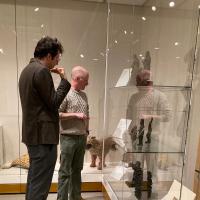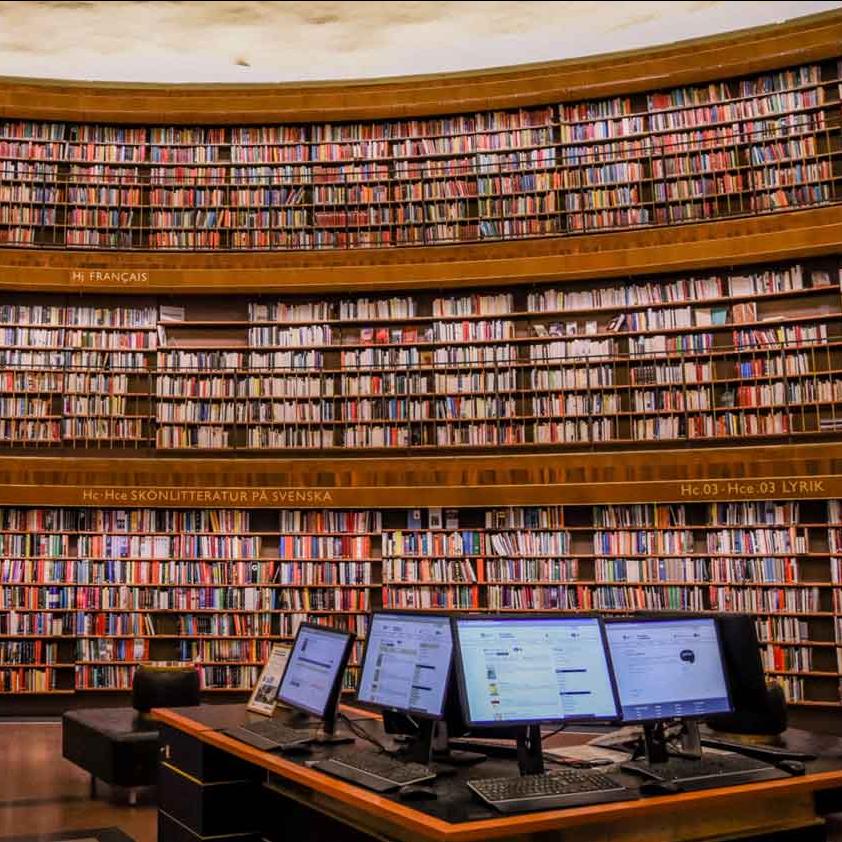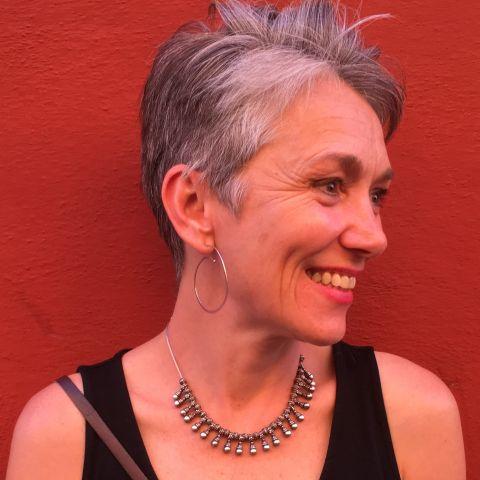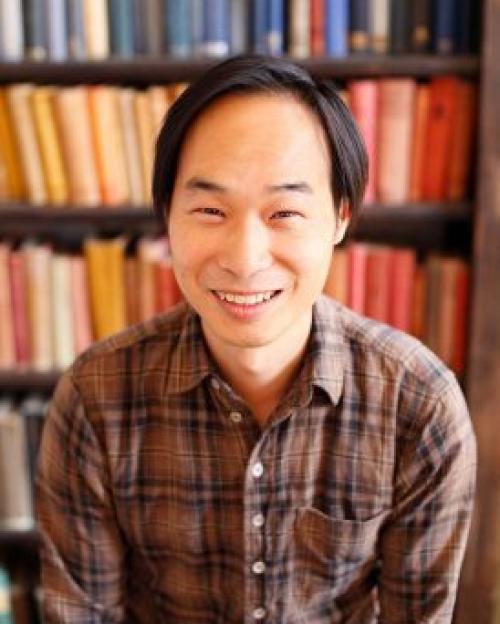Network engineer-turned-professor of English Tung-Hui Hu will offer insight into the rapidly expanding field of the digital humanities as this year’s Digital Humanities Lecturer. His talk, “The Grid vs. the Set: Early Attempts at Classifying Data,” will be on Wednesday, October 18, at 5 p.m. in the A.D. White House’s Guerlac Room. The lecture is free and open to the public and will be followed by a reception. Registration is not required.
“The world is teeming with objects, and today's AI models rely on datasets such as ImageNet to learn, for example, that a ‘seat belt’ and a ‘waffle iron’ are both types of ‘commodities,’” said Hu about his lecture topic. “But might an earlier moment of scientific classification hold lessons for how we understand the dataset today? By examining collections of botanical specimens in the 17th century, I track two competing modes of computational logic that tried to contain the disorder of the natural world.”
Each year, the Society for the Humanities in the College of Arts and Sciences (in collaboration with the CNY Humanities Corridor) offers scholarly talks centered on the topic of the digital humanities, showing how researchers working at the intersections of computing and visual and literary cultures are producing new techniques for learning about humanities disciplines.
Hu is associate professor of English Language and Literature at the University of Michigan. A 2022-23 Rome Prize Fellow in Literature at the American Academy in Rome, Hu is a published poet and author of two studies of digital culture, “A Prehistory of the Cloud” (MIT Press, 2015) and “Digital Lethargy: Dispatches from an Age of Disconnection” (MIT Press, 2022).
His talk will be followed by a small workshop for graduate students on “New Aesthetic Forms, from Lethargy to AI,” on Thursday, October 19; workshop details were circulated through the Media Studies Colloquium. As Hu explained to The Radical AI Podcast, “I want to coin the phrase ‘digital lethargy’ to describe a feeling where we also seem to be stuck in some sort of busy idleness of acedia, where we’re doom scrolling and glued to our feeds and killing time. We’re sort of caught somewhere between boredom and overstimulation.”
“Tung-Hui Hu makes essential and often unspoken connections between the infrastructures of global computing (data centers, microwork, algorithmic recommendation systems) and what it feels like to work and ‘be’ online,” said media scholar Anna Schectman, a Klarman Fellow in the Department of Literatures in English (A&S). “Hu’s scholarship isn’t just illuminating in the context of media studies — or, for that matter, information science, cultural studies, and the history of science and technology — it brings clarity about the distribution of power under digital capitalism to everyone who lives within its terms. That’s all of us.”
The annual Digital Humanities lecture is sponsored by the Society for the Humanities and the Central New York Humanities Corridor from an award by the Andrew W. Mellon Foundation. This event is co-sponsored by the Cornell Media Studies Program (A&S).
Julie McLean is Program Manager for the Society for the Humanities.






